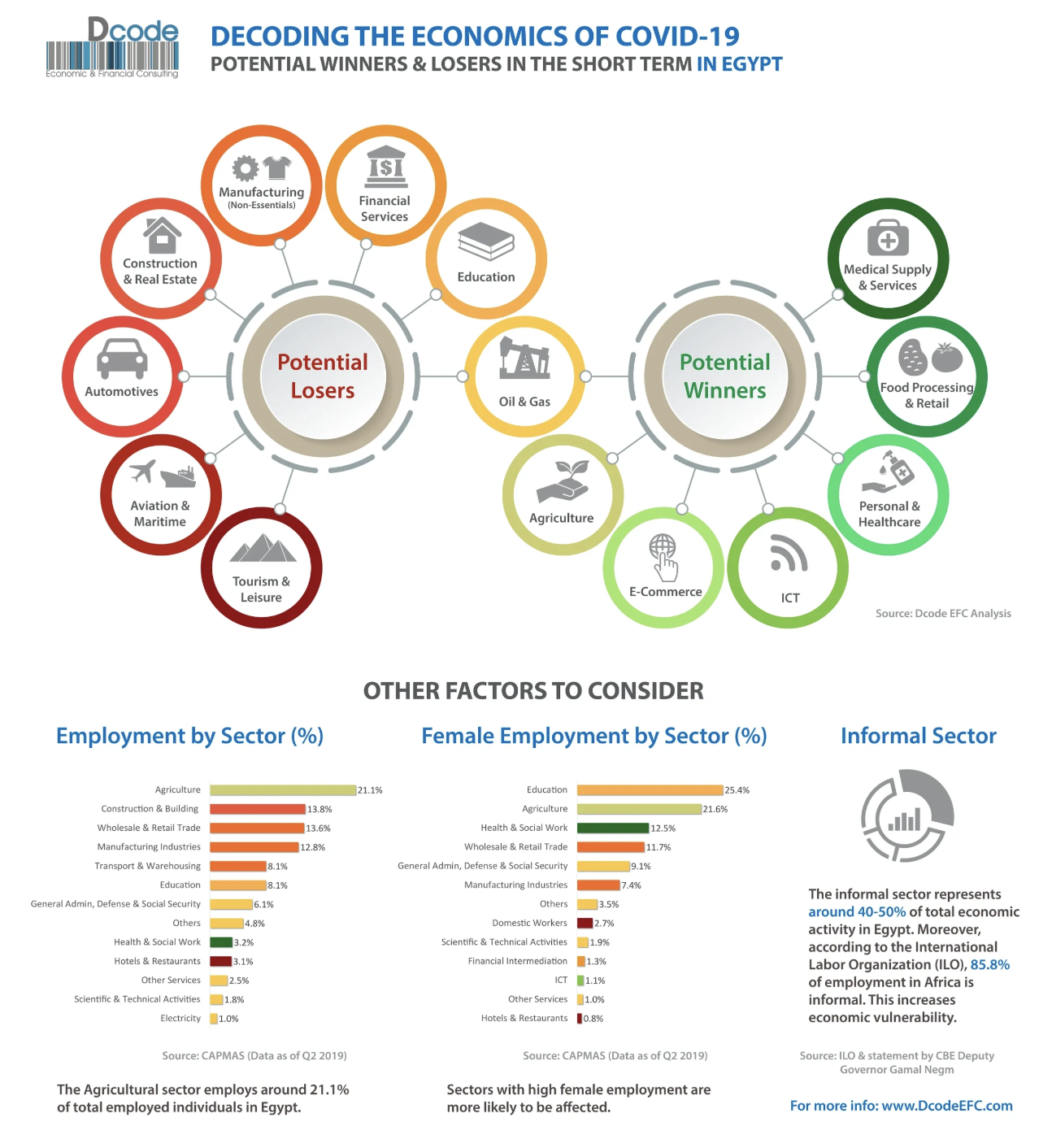
It is a strangely positive time at CIPE, not because there is anything good about COVID-19, but because we feel we can be so useful. In a way, this is the reason CIPE exists: to support partners to participate in civil society and address the problems they face. And there has rarely been a bigger problem than this.
In many ways, private enterprise is at the epicenter of the crisis. The private sector is, on the one hand, an essential provider of livelihoods and income. At the same time, businesses are victims of the economic slowdown, as sharply falling revenue makes it more difficult if not impossible to pay employees and stay afloat. Helping businesses weather this crisis will be essential if they are to be the engines of economic recovery countries will need as they begin to resume a normal life. To that end, effective private sector collective action and engagement through chambers of commerce, business associations, think tanks and others is more important than ever.
Associations and chambers are themselves facing severe challenges as the COVID-19 pandemic has taken hold. Much like the businesses they serve, they have seen their activities and revenues dry up and their systems tested. Not only has this caused hardship for associations themselves, but it has hampered their ability to serve member businesses that badly need support. Indeed, many association leaders with whom CIPE works are business owners themselves, so they are fighting on at least two fronts. They are also deeply distressed about their employees and finding solutions to support them.
CIPE’s role is helping these business associations survive – even thrive – at this time because they are uniquely situated to help combat the virus in the short, medium and long terms. They can coordinate member networks in COVID-19 response in collaboration with government and civil society. They can use their services and resources to help businesses, and particularly SMEs, come through the lean months of self-isolation intact and ideally with employees still on the books. And, lastly, they can help society and government revive and invigorate economies in COVID-19’s aftermath.
That is why on April 2, 2020, CIPE’s MENA team convened a virtual partner roundtable to share their responses and challenges related to COVID. What we heard was extraordinary. For almost three hours, over 40 participants from over 20 partner organizations in Iraq, Lebanon, Jordan, Yemen, Turkey, Palestine, Egypt Tunisia, and Algeria shared stories that made it clear they are not just reacting, but leading in their communities. They are harnessing the power of their businesses and the expertise of their industries to react as citizens.
Some organizations are focusing on policy and education. Others have found ways to move their member services to the virtual realm, or they created entirely new services to help businesses. Still, others are coordinating the manufacturing and distribution of medical materials and leading a myriad of community initiatives to help the most vulnerable eat and survive.

In Lebanon, members of the Association of Lebanese Industrialists are working on a business continuity plan with the Prime Minister’s disaster committee, while members are also contributing cleaning products and other supplies to prisons in collaboration with another human rights organization. In Egypt, thinktank DCode told CIPE that is has launched a series called, DCoding the Economy, which is producing well-designed infographics to educate the public and policy members about the pandemic’s economic dynamics and possible consequences. In Jordan, women’s associations Business and Professional Women-Amman and the Forum for Business and Professional Women are providing their members with online training on topics like e-commerce to help them generate revenue while their businesses cannot be in the physical market. In Iraq, partner Inbithaq and volunteers are creating food baskets for needy families so they are not compelled to leave their houses during the curfew. In Tunisia, the Institute for Arab Business Leaders is advising the government on macro-economic policies, and has converted its business bureaucracy hotline into a resource for businesses in distress. The president of the Union for Small and Medium Industries (UPMI) collaborated with area industrialists and the engineering university to prototype and start manufacturing ventilators. The Circle for Action and Reflection on Enterprise (CARE) in Algeria has sent out a survey to businesses about their needs during this time and intends to advocate an SME Emergency Rescue plan it is about to issue. In the longer term, everyone agreed that deep reforms and policies will be needed. Businesses are failing by the day, and many countries do not have laws to easily allow business exit. Indeed, many of the economic weaknesses were always there. Many of the reforms partner organizations were proposing only a few months ago are just as needed now and even more urgent.
The question for CIPE’s MENA team is how best to support these exceptional people – to make sure they know they are not alone, to provide a venue for peer exchange, and to leverage our connections with associations worldwide and our affiliation with the US Chamber of Commerce and other organizations to identify and share the best ideas. To that end, we are designing follow-up virtual roundtables that will focus on specific issues, pulling in experts as needed to provide practical approaches and support cross-partner knowledge exchange. We also use a virtual platform to transmit tools and models, although we need to decide what technology to use. One of the silver linings of this experience is that everybody is open and seeking ideas wherever they can find them. Hopefully we and our partners will all learn together and CIPE’s ability to support its partners will only grow as this crisis continues.
Published Date: April 16, 2020